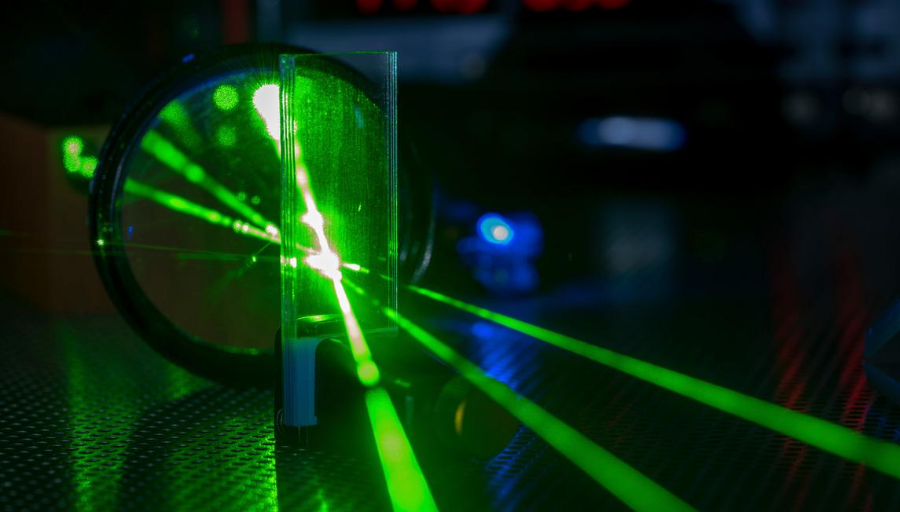Launched in late 2018, Nu Quantum recently became an Associate Member of the EU-funded Graphene Flagship project. The start-up, a spin off from the Cavendish Laboratory at Graphene Flagship partner the University of Cambridge, UK, specialises in single-photon quantum technology that is set to create unbreakable encryption keys.

The start-up’s devices utilise the quantum properties of photons, single particles of light. Unlike other quantum technologies, which need to be cooled to around absolute zero to be stable, Nu Quantum’s components work at room temperature, enabling a wealth of commercial applications.
Nu Quantum is currently developing three technologies. Two are components; a single-photon emitter and a single photon detector. The third is a system, which combines the two components to create a quantum random number generator.
Security systems rely on cryptographic keys, but these are traditionally produced by predictable algorithms. Quantum random number generation takes advantage of the behaviour of quantum particles, such as photons, to create completely random sequences that result in unbreakable encryption.
The start-up aims to achieve the highest efficiency photon emission and detection at room temperature, before creating more complex quantum photonic communications systems. Nu Quantum is currently undertaking pilot projects with telecommunications and space communications companies.
Nu Quantum uses graphene and other layered-material technology in their devices, the atomically-thin nature of these materials crucial to accessing quantum light and matter control, as well as to improve efficiency, flexibility, size, weight and power requirements.
“Graphene is an ideal material for us to use as it helps improve the efficiency of our components. Graphene technology is also evolving very quickly so it aligns with our mission to be at the forefront of technological advancement,” commented Carmen Palacios-Berraquero, CEO of Graphene Flagship Associate Member Nu Quantum. Nu quantum has worked closely with Graphene Flagship partner the Cambridge Graphene Centre in Cambridge, UK, and recently joined the project as one of the project’s newest associate members.
“It can be difficult to certify whether new devices are truly quantum,” Palacios-Berraquero continued. “By using single quanta from the beginning, then using our algorithms to carefully process the data, we have created technologies that are unequivocally quantum.
“We’re currently focusing on quantum cybersecurity, but our long-term vision is to branch out into other aspects of quantum technology, including sensors and computing.”
Following a round of £650,000 pre-seed funding in 2018, Nu Quantum hasrecently obtained £3.6 million in government grants and is now raising a several-million seed round backed by different venture capital firms. Nu Quantum plans to launch its random number generator in 2021.
For more information, go to the Nu Quantum or Graphene Flagship websites.